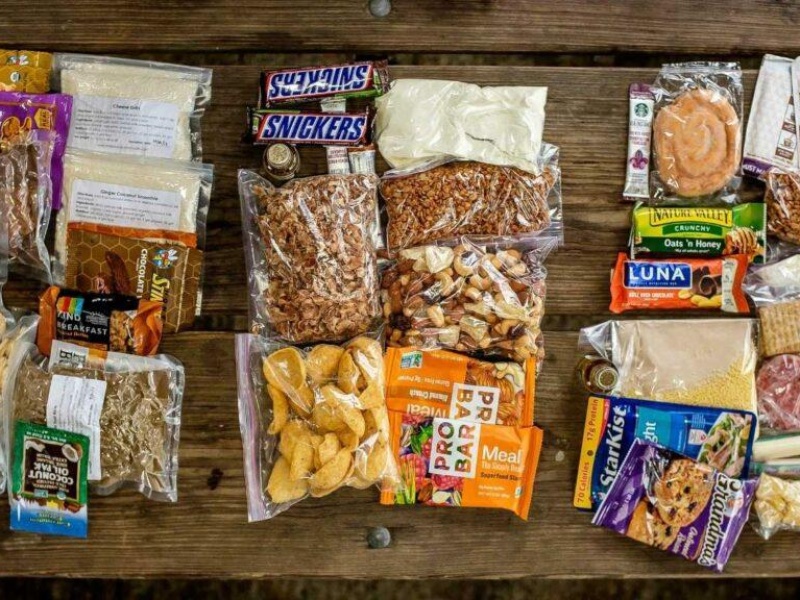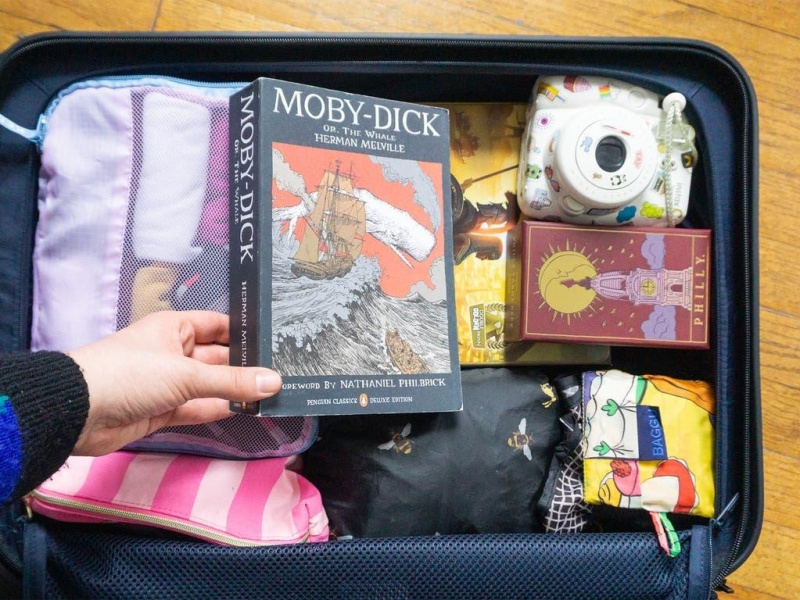Backpacking on a Budget: How to Save Money on Food and Accommodation
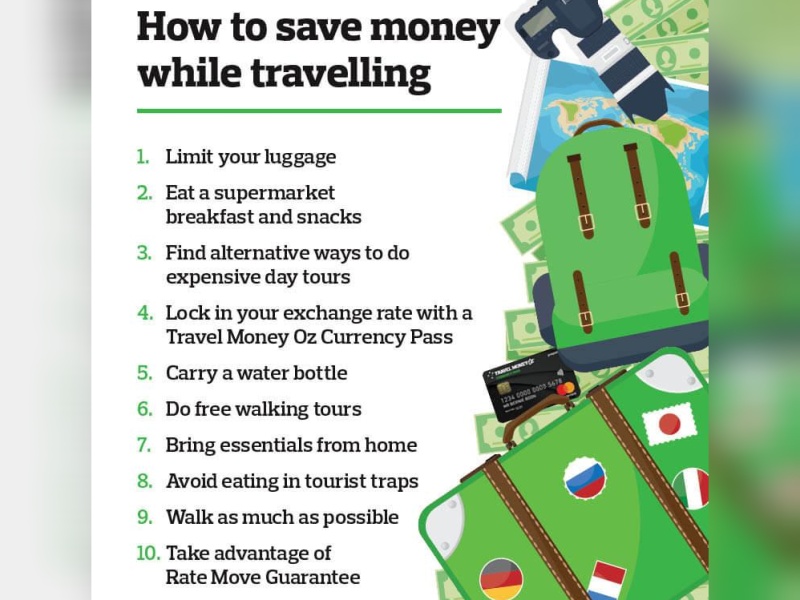
Plan Ahead: The Key to Budget-Friendly Travel
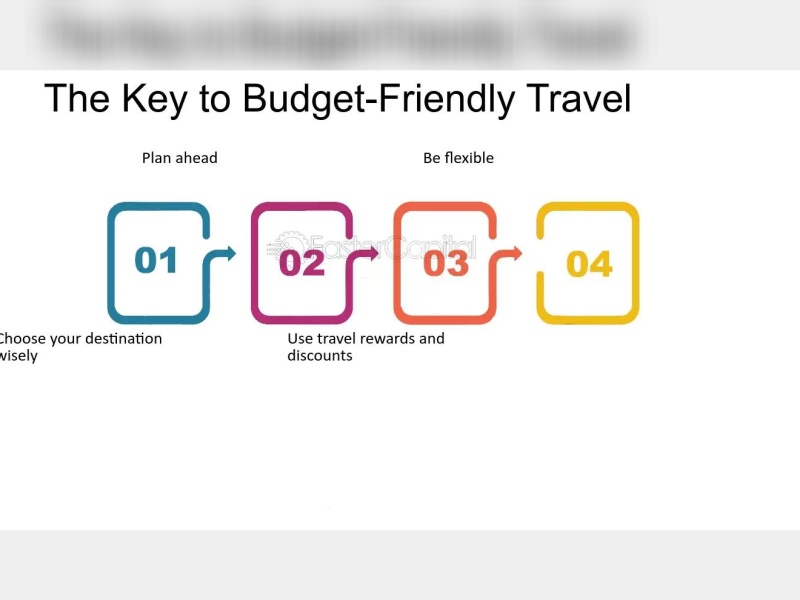
When it comes to backpacking on a budget, planning is your best friend. Start by researching your destination thoroughly. Look for affordable accommodations, local food options, and free or low-cost activities. Booking in advance can save you a significant amount of money, especially during peak travel seasons. Use travel apps and websites to compare prices and read reviews from other travelers. Additionally, consider traveling during the off-season when prices for flights and accommodations are generally lower. A well-thought-out plan can help you avoid unnecessary expenses and make the most of your budget.
Choose Budget Accommodations Wisely
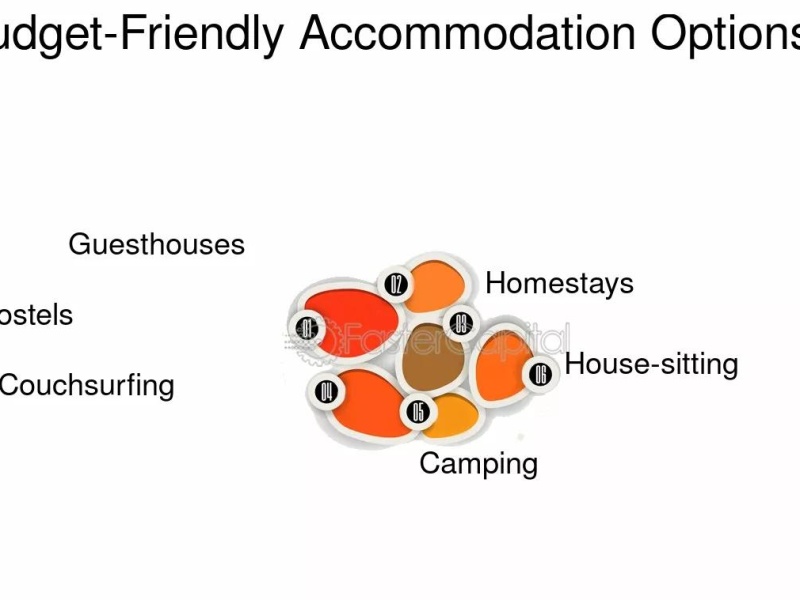
Accommodation is often one of the biggest expenses when traveling. However, there are plenty of budget-friendly options available if you know where to look. Hostels are a popular choice among backpackers, offering affordable rates and a chance to meet fellow travelers. Many hostels also provide communal kitchens, allowing you to save money by cooking your own meals. Another option is to use platforms like Airbnb or Couchsurfing, where you can find cheap or even free places to stay. Camping is another great way to save money, especially if you're traveling in nature-rich areas. Always read reviews and check the location to ensure you're getting a good deal.
Eat Like a Local: Save Money on Food
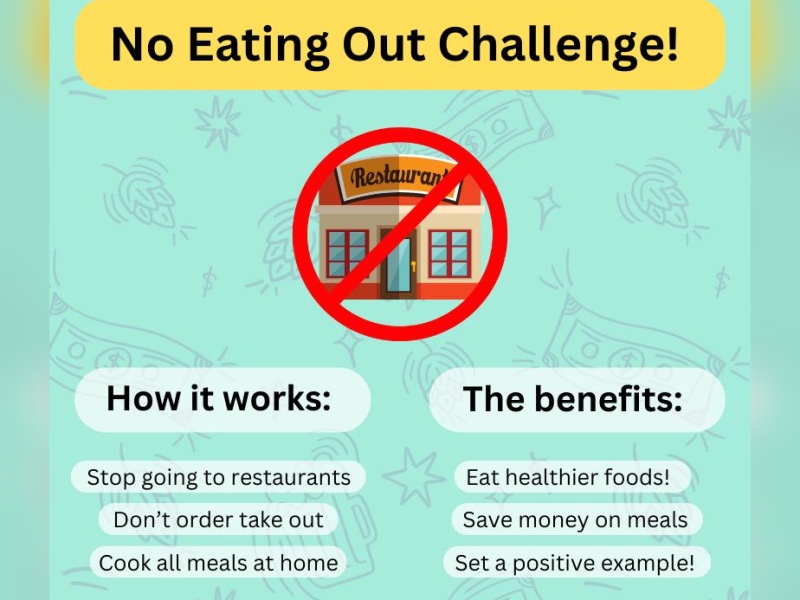
One of the best ways to save money while backpacking is to eat like a local. Street food and local markets often offer delicious and affordable meals that give you a taste of the culture. Avoid touristy restaurants, as they tend to be overpriced. Instead, ask locals for recommendations or explore neighborhoods where residents dine. Cooking your own meals is another excellent way to cut costs. Many hostels and budget accommodations have communal kitchens where you can prepare your own food. Buying groceries from local markets is usually cheaper than eating out, and it allows you to experiment with local ingredients.
Use Public Transportation and Walk
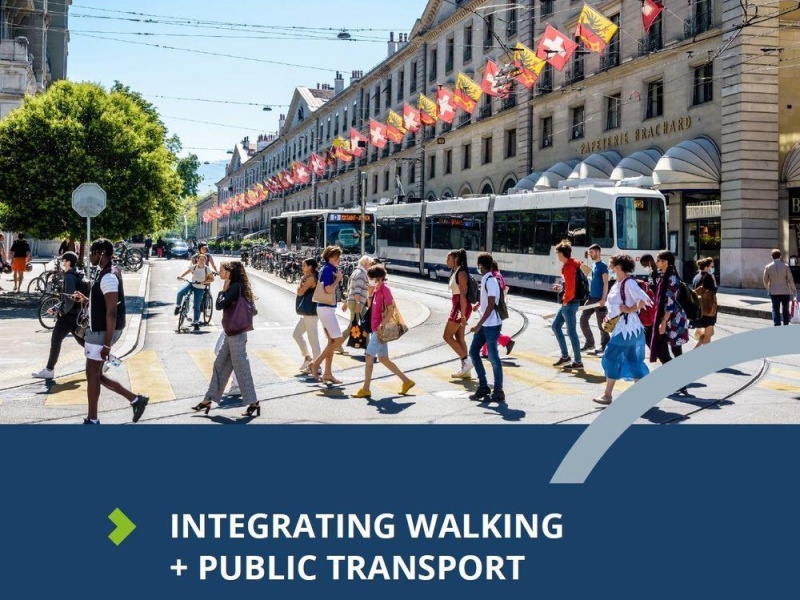
Transportation costs can add up quickly, but there are ways to minimize them. Public transportation is usually much cheaper than taxis or ride-sharing services. Many cities offer day passes or multi-day tickets that provide unlimited travel for a fixed price. Walking is another great way to save money and explore your destination at the same time. Not only is it free, but it also allows you to discover hidden gems that you might miss otherwise. If you're traveling between cities, consider using budget airlines, buses, or trains. Booking in advance can often secure you the best deals.
Take Advantage of Free Activities

Many destinations offer a variety of free activities that can enrich your travel experience without breaking the bank. Museums, parks, and historical sites often have free entry days or discounted rates for students and young travelers. Walking tours are another great option; many cities offer free or donation-based tours led by knowledgeable locals. Nature lovers can enjoy hiking, swimming, and exploring national parks, which are usually free or have a minimal entrance fee. Always check local event calendars for free concerts, festivals, and other cultural events happening during your visit.
Travel Light: Pack Smart
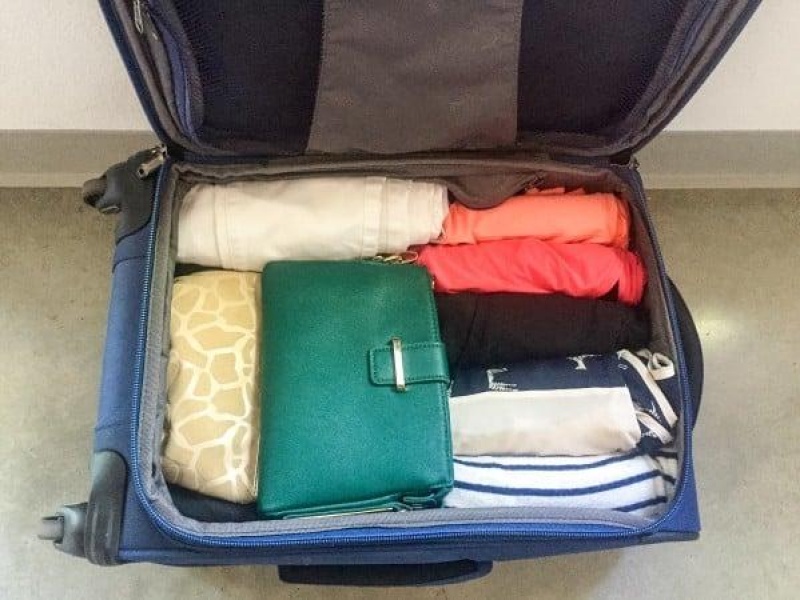
Packing light is not only convenient but also cost-effective. Many budget airlines charge extra fees for checked luggage, so traveling with just a carry-on can save you money. Additionally, packing light makes it easier to move around, especially if you're using public transportation or walking. Make a list of essentials and stick to it, avoiding unnecessary items. Versatile clothing that can be layered and mixed and matched is ideal for backpacking. Don't forget to bring a reusable water bottle and a travel towel, which can save you money and reduce waste.
Stay Connected Without Breaking the Bank
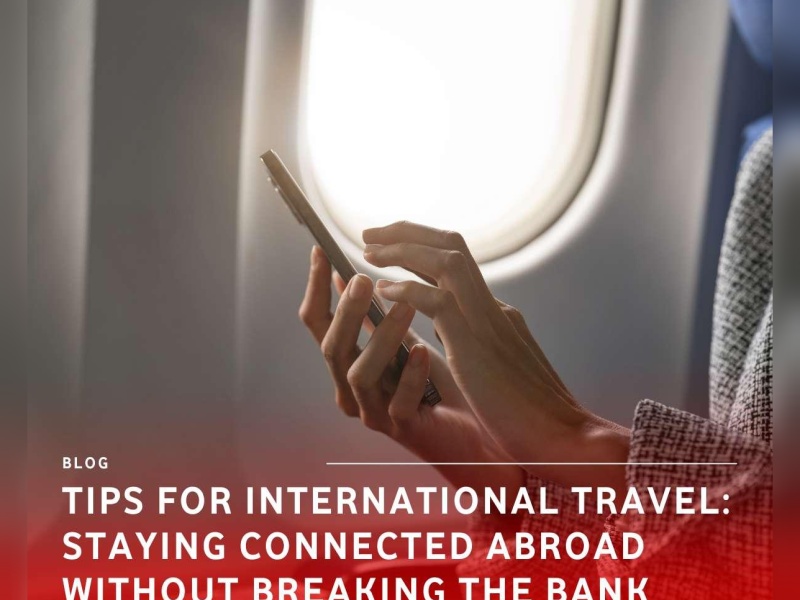
Staying connected while traveling is important, but it doesn't have to be expensive. Many cafes, restaurants, and public spaces offer free Wi-Fi, so take advantage of these hotspots. If you need to make calls or use data, consider purchasing a local SIM card, which is often much cheaper than international roaming plans. Alternatively, you can use messaging apps that work over Wi-Fi to stay in touch with friends and family. Always check your phone plan before you travel to avoid unexpected charges.
Key Takeaways
Backpacking on a budget is entirely possible with a bit of planning and creativity. By choosing budget accommodations, eating like a local, using public transportation, and taking advantage of free activities, you can significantly reduce your travel expenses. Packing light and staying connected without overspending are also key strategies. Remember, the goal is to experience new cultures and destinations without breaking the bank. With these tips, you can enjoy a fulfilling and affordable backpacking adventure.
Frequently Asked Questions
Q: How can I find the best deals on accommodations?
A: Use travel websites and apps to compare prices and read reviews. Booking in advance and traveling during the off-season can also help you secure better deals.
Q: What are some tips for saving money on food while traveling?
A: Eat like a local by trying street food and shopping at local markets. Cooking your own meals in communal kitchens is another great way to save money.
Q: How can I stay connected without spending too much?
A: Use free Wi-Fi hotspots and consider purchasing a local SIM card for data and calls. Messaging apps that work over Wi-Fi are also a cost-effective option.

